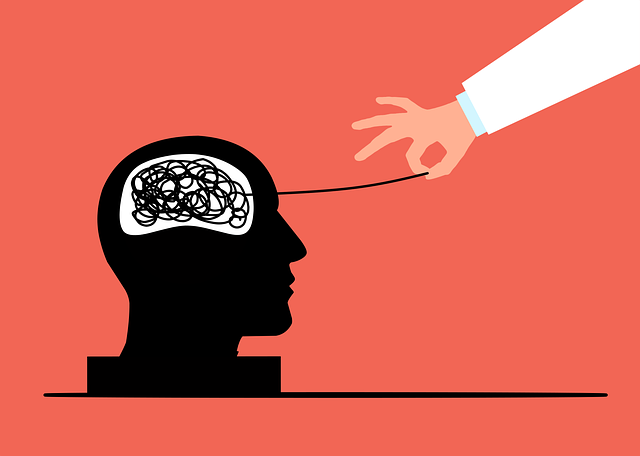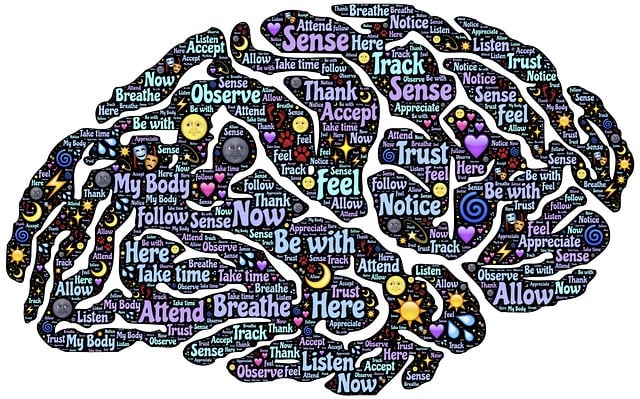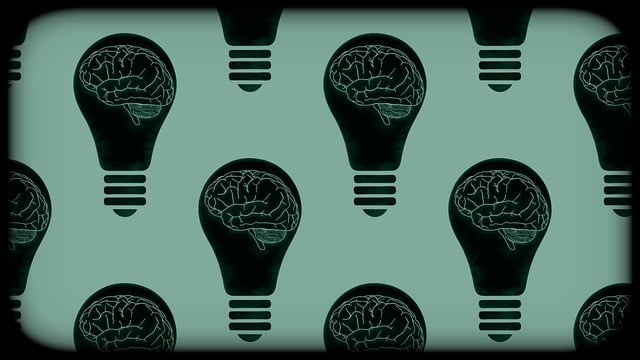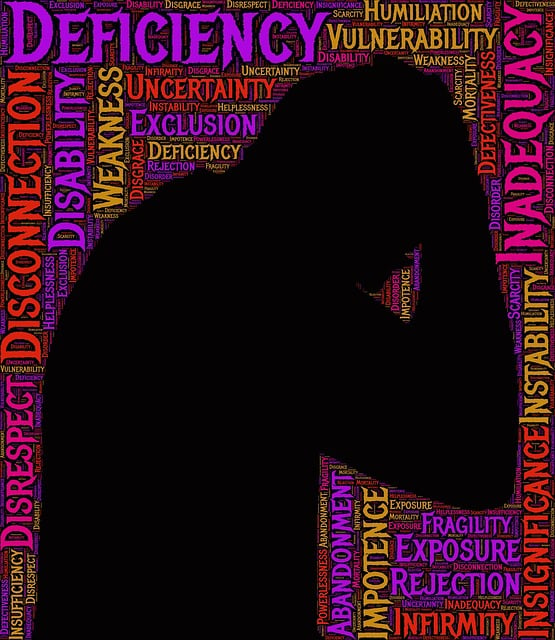Mental wellness self-assessment tools, tailored for Denver Relationship Issues Therapy (DRIT), empower individuals to gain deep insights into their emotional well-being, relationships, and personal growth. By identifying patterns and triggers contributing to relationship challenges, these tools enable clients to seek appropriate support, build resilience, improve self-esteem, and develop healthy self-care routines. Integrating self-assessments into DRIT enhances therapeutic outcomes by fostering personalized treatment plans, improving success rates, and equipping clients with lifelong mental wellness tools through regular journaling exercises and targeted training.
Mental wellness self-assessment tools play a pivotal role in facilitating individual understanding and therapeutic interventions, especially in addressing complex issues like those encountered in Denver Relationship Issues Therapy. This article delves into the development of such tools, exploring their significance, practical implementation, and strategies for integration within therapeutic practices. By understanding mental wellness self-assessments, professionals can offer tailored support, empowering individuals to navigate challenges effectively.
- Understanding Mental Wellness Self-Assessment Tools
- Developing Effective Self-Assessment Tools for Denver Relationship Issues Therapy
- Integrating and Enhancing Self-Assessments in Therapeutic Practice
Understanding Mental Wellness Self-Assessment Tools

Mental wellness self-assessment tools are designed to help individuals gain a deeper understanding of their mental health status and identify areas that may need professional attention. These tools, often in the form of questionnaires or surveys, assess various aspects of mental wellness, including emotional well-being, stress levels, coping mechanisms, and relationships. They play a crucial role in promoting self-awareness, encouraging proactive measures towards mental health maintenance, and guiding individuals to seek appropriate support, such as Denver Relationship Issues Therapy, when needed.
By assessing mental wellness, these tools can help users recognize patterns or triggers contributing to poor mental health outcomes. For instance, they might reveal low self-esteem, a lack of resilience in coping with life’s challenges, or insufficient self-care routines. Armed with this knowledge, individuals can work on implementing strategies for resilience building, self-esteem improvement, and self-care routine development for better mental health.
Developing Effective Self-Assessment Tools for Denver Relationship Issues Therapy

Developing effective self-assessment tools tailored to Denver Relationship Issues Therapy (DRIT) is a significant step in enhancing therapeutic outcomes and client care. These tools play a pivotal role in helping individuals gain deeper insights into their emotional well-being, relationships, and personal growth. By integrating resilience-building exercises and self-awareness techniques, DRIT practitioners can offer more personalized and impactful treatments.
Self-assessment tools designed for DRIT should focus on identifying and addressing underlying issues that contribute to relationship challenges. Incorporating risk assessment components allows mental health professionals in Denver to proactively manage potential risks and develop strategies to mitigate them effectively. Such assessments enable therapists to tailor interventions, foster better client engagement, and ultimately, improve treatment success rates.
Integrating and Enhancing Self-Assessments in Therapeutic Practice

Integrating self-assessments into therapeutic practice offers a powerful tool for understanding and addressing Denver Relationship Issues Therapy clients’ mental wellness. By incorporating regular Mental Wellness Journaling Exercises, therapists can empower individuals to reflect on their emotions, thoughts, and behaviors, fostering greater self-awareness. This process encourages clients to identify patterns, triggers, and areas of improvement, all while providing concrete data for informed therapeutic decision-making.
Self-care practices are further enhanced through this integration as it enables individuals to track their progress and recognize when they might need additional support or guidance. Moreover, Self-Care Practices and Social Skills Training can be tailored based on the insights gained from these assessments, ensuring a more personalized and effective therapy experience. This approach not only improves therapeutic outcomes but also equips clients with valuable tools for lifelong mental wellness management.
Mental wellness self-assessment tools play a pivotal role in therapeutic practices, particularly in addressing issues like those encountered in Denver Relationship Issues Therapy. By integrating these tools effectively, therapists can enhance their ability to understand clients’ well-being, tailor treatment plans, and foster more meaningful connections. The development and utilization of such assessments not only empower individuals to take charge of their mental health but also revolutionize therapeutic outcomes, making Denver Relationship Issues Therapy more accessible and impactful for those seeking support.








